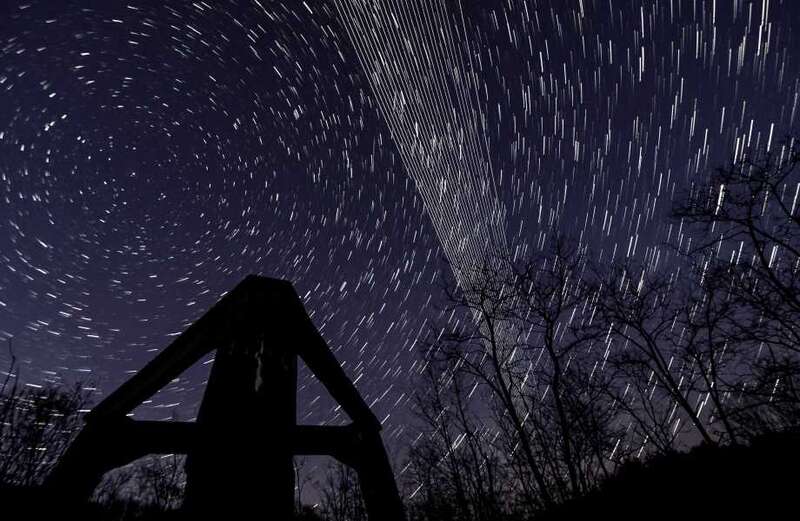THE issue of space debris has been looming above us for decades, but now people can see it for themselves in real-time.
Space startup LeoLabs has created an interactive map so people on the ground can catch a glimpse of the scraps of metals, disused rockets and retired satellite that are trapped in Earth's orbit.

Space debris is a problem that has been building pretty consistently since the 1950s, when the first artificial satellite Sputnik-1 was launched.
It was a low-level issue before.
But it's starting to do some damage.
 Elon Musk makes history by becoming the first person in the world to lose $200bn
Elon Musk makes history by becoming the first person in the world to lose $200bn
LeoLabs uses it's ground array radars — which span Alaska, Texas, New Zealand and Costa Rica — to monitor low Earth orbit and give people a glimpse of what scientists and governments are so concerned about.
There are 15,430 satellites currently in orbit - but just 7,500 are still working, according to data from the European Space Agency (ESA).
Currently more than 33,000 separate pieces of debris are stuck in Earth's pull.
The mass of objects is the equivalent of 10,800 tons.
More and more satellites being launched every day, including thousands from the likes Elon Musk.
Musk has faced intense scrutiny over his growing Starlink constellation.
His satellites help provide high-speed internet at an affordable cost to millions of people across the world – often to remote areas without WiFi infrastructure.
Although last year he extended this to travellers, giving them global WiFi for use in RVs, vans and yachts.
But the eccentric billionaire has been fielding vast amounts of criticism from both the ESA and China.
They claim Musk is 'hogging' space in Earth's low-orbit, and is squeezing out smaller startups.
 Taiwan reveals Elon Musk-style plot to resist China using 'army of satellites'
Taiwan reveals Elon Musk-style plot to resist China using 'army of satellites'
SpaceX has launched just 4,000 satellites of a planned 12,000 into Earth's orbit so far - although there are plans for another 30,000 on top of that.
Technology was fast to progress ahead of when it came to regulations.
This has led to space faring nations rushing to table plans to impose new rules on space junk, as it becomes a place for not just government agencies but also private enterprise.
But this has yet to come to fruition.
Meanwhile, clever startups like have been trying to create new ways of solving the problem, like satellites with robot arms that can scoop up debris.
We pay for your stories! Do you have a story for The Sun Online Tech & Science team? Email us at tech@the-sun.co.uk



































